39 the science of baking
The Science of Baking - Baking, explained. Welcome to the Science of Baking! Have you ever wondered why bread gets brown in the oven? Why we use butter in some recipes and oil in others? What's the difference between wheat and white flour? How are pretzels different than bread? Can you substitute honey for sugar? Then you've come to the right place! Science of Baking - AIB International, Inc. Science of Baking is the perfect next step for those who have already completed the Applied Baking Science course. Technical managers and those in technical, operational, and sales roles will gain in-depth knowledge about ingredients and equipment that will help them do their jobs more effectively.
The Science Behind Baking Ingredients - The Spruce Eats The Science Behind Common Baking Ingredients Each One Has Its Own Important Function By Linda Larsen Updated on 11/8/19 The Spruce The best-baked goods, including light cakes, tender cookies, fine-textured breads, and high popovers depend on the precise combination of flour, liquid, leavening agents, fats, sugars, and flavors.
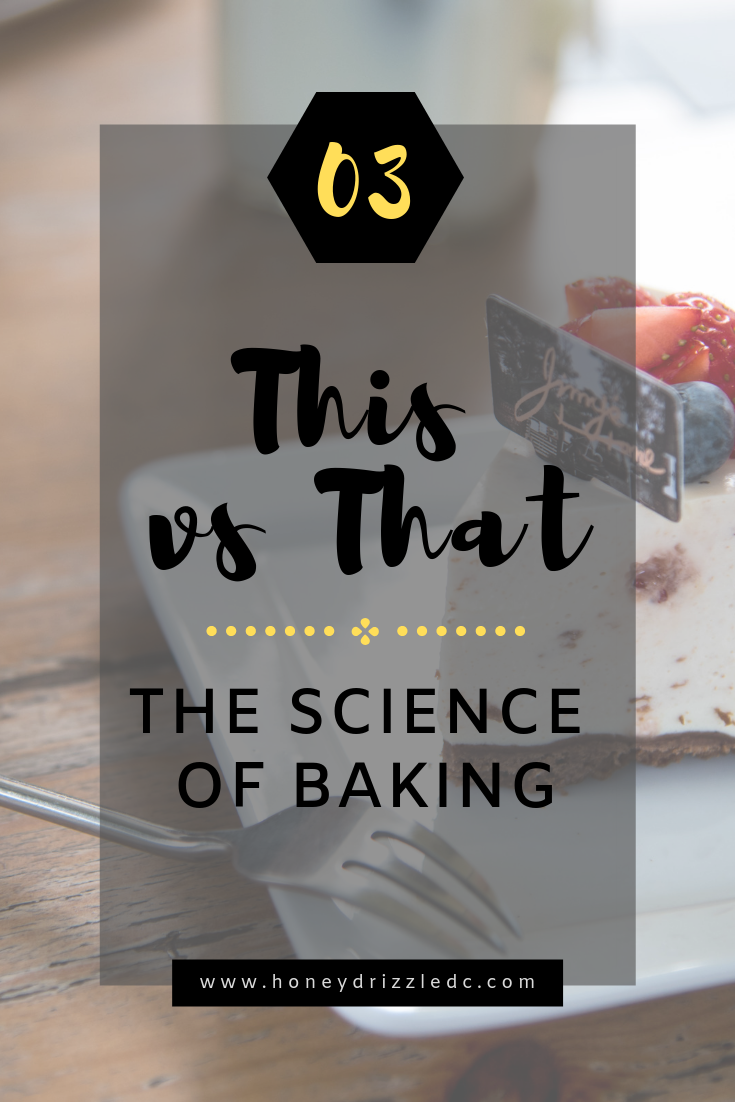
The science of baking
Breaking Down the Science of Baking - Now. Powered by Northrop Grumman Baking is both an art and a science. Bakers can experiment with flavors and alternative ingredients, but most of your favorite Thanksgiving baked goods start with the same basic formula. As science enthusiasts, there's no better way to celebrate Thanksgiving than to break down the chemical and molecular interactions behind our favorite desserts. The Science of Baking by Mrs. Marker - Issuu The science of baking Kitchen chemistry By Kelly Stewart April 27, 2009. In the home kitchen, there are two kinds of people: cooks and bakers. For cooks, recipes are mere suggestions, flexible in ... The Science of Baking - Smore Science Magazine Baking consists of multiple changes, including physical and chemical changes. A physical change is when an ingredient changes its state of matter. States of matter include solid, liquid, and gas. An example of a physical change in baking is when you melt butter, changing it from a solid to a liquid.
The science of baking. The Science of Baking Cookies - Kansas State University 1 cup raisins. Heat oven to 350°F. In large bowl, beat butter and sugars on medium speed of electric mixer until creamy. Add eggs and vanilla; beat well. Add combined flour, baking soda, cinnamon and salt; mix well. Add oats and raisins; mix well. Drop dough by rounded Tablespoonfuls onto ungreased cookie sheets. The Science Of Baking A Cake - Medium Cake batter is a sloppy mess. Put it in the oven and it transforms into a delicious sponge. The science behind baking feels no less wondrous than if it really were a magical transformation. The Science Of Baking | Youngzine Baking is a both a science and an art. This article explains the science behind it. In any baking recipe every ingredient has a purpose. For example, in a cake flour gives the structure, eggs bind the ingredients, baking powder and baking soda make it rise, fats like butter and oil make it less chewy, and sugar sweetens and keeps it moist. The Science of Baking: What Do Your Ingredients Do? But baking is a science, and certain ingredients need an exact measurement. Admittedly, you can get away with a little too much flavoring, for example, but when you start messing around with measures of certain ingredients such as flour, sugar, eggs, baking soda or salt, and you may be asking for trouble.
Understanding Baking: The Art and Science of Baking This book covers the sceince behind baking. Discusses the importance of using the correct flour type, leavening agents, etc. Explains why to use bread flour and cake flour in recipes that specify it, explains the differences and purpose of leavening agents like baking soda, baking poweder cream of tarter etc. The Science of Baking - Department of Defense - OverDrive How does a cake bake? Whatâs the difference between baking soda and baking powder? And why is it so important to measure the different ingredients in a recipe? Ada Twist, Scientist: The Why Files is the perfect nonfiction resource for all these questions and more. Based on the bestselling series and the new Netflix show, this nonfiction series ... The science of baking - BBC Bitesize The science of baking. With this year's The Great British Bake Off champion crowned, and the festive season on our doorstep, there's one thing that we'll all be thinking about a lot right ... Ready, set, bake - Physics World Apart from being in "the tent", the other exciting part was the opportunity to do research on the science of baking and do some live experiments in front of millions of people. Just like any other experiment, understanding how baking works is the key to ensure the quality of the results. Designing and planning a bake is crucial - and is ...
The Science of Baking Bread (and How to Do It Right) - Serious Eats Baking is where dough is transformed into bread: one of the oldest and most essential foods on the planet. It's the culmination of all our hours of work and waiting. Baking day is like science-fair day, Feast Day, and Judgment Day, all making a love child together. (Only there won't be any judging here—just learning.) Amazon.com: Science Of Baking Baking Science: Foolproof Formulas to Create the Best Cakes, Pies, Cookies, Breads and More by Dikla Levy Frances | Apr 19, 2022 97 Paperback $1985 $22.99 FREE delivery Feb 7 - 13 More Buying Choices $15.85 (27 used & new offers) Kindle $1199 Available instantly Great On Kindle: A high quality digital reading experience. The Science of Baking: Here's What Each Ingredient Actually Does - Greatist Baking powder is a leavening agent that contains sodium bicarbonate, but it has an acid (cream of tartar) mixed in. This means all you need to activate it is moisture and heat. Also, baking... The Science of Baking: A Complete Cake Guide - Club Crafted Let's talk about the science of baking in this complete cake guide and what different ingredients do for cakes so that you can learn how to bake perfect cakes every time. The Science of Baking: The Role of Flour in Cakes. Flour is a rising agent in your cake. The gluten in flour (or the protein in gluten-free mixtures) helps to provide the ...
Baking and Chemistry - American Chemical Society The Science of Baking A blogger combines advice from bakers, chemists, and her grandmother to discover where her cheese puffs took a turn for the worse. Developing a High School Food Chemistry Elective Thinking about a food chemistry course? Read about one teacher's journey. Food Chemistry in the High School Classroom
Baking | Description, History, Types, & Facts | Britannica baking, process of cooking by dry heat, especially in some kind of oven. It is probably the oldest cooking method. Bakery products, which include bread, rolls, cookies, pies, pastries, and muffins, are usually prepared from flour or meal derived from some form of grain.
PDF How Baking Works Exploring The Fundamentals Of Baking Science Pdf Pdf ... Baking Works Exploring The Fundamentals Of Baking Science Pdf Pdf below. read or download how baking works exploring the web 2 may 2020 how baking works exploring the fundamentals of baking science description an up to date comprehensive guide to understanding and applying food how baking works exploring the fundamentals of baking
Science of Baking Class - Instructables Welcome to the Science of Baking where you'll learn the fundamental skills necessary to become a successful home baker. This class uses easy-to-follow steps and detail-oriented photos that will put any delicious baked good within your reach. We will cover the essential components (fats, sugars, eggs, flours, and leavening agents) of baking in ...
The science of the perfect cake | Feature | Chemistry World Bakers first experimented with this idea in the 1830s, using a combination of the base sodium bicarbonate (baking soda, NaHCO 3) and lactic acid (in the form of sour milk) in their recipes. Today, ...
5 Amazing Books That Explore the Science of Baking The Science of Cooking teaches you about all the chemical processes that are happening behind the scenes when you cook and bake. While a lot of this book does focus on savory cooking, there are several sections devoted to all-things-baking.
The Science of Baking - Smore Science Magazine Baking consists of multiple changes, including physical and chemical changes. A physical change is when an ingredient changes its state of matter. States of matter include solid, liquid, and gas. An example of a physical change in baking is when you melt butter, changing it from a solid to a liquid.
The Science of Baking by Mrs. Marker - Issuu The science of baking Kitchen chemistry By Kelly Stewart April 27, 2009. In the home kitchen, there are two kinds of people: cooks and bakers. For cooks, recipes are mere suggestions, flexible in ...
Breaking Down the Science of Baking - Now. Powered by Northrop Grumman Baking is both an art and a science. Bakers can experiment with flavors and alternative ingredients, but most of your favorite Thanksgiving baked goods start with the same basic formula. As science enthusiasts, there's no better way to celebrate Thanksgiving than to break down the chemical and molecular interactions behind our favorite desserts.
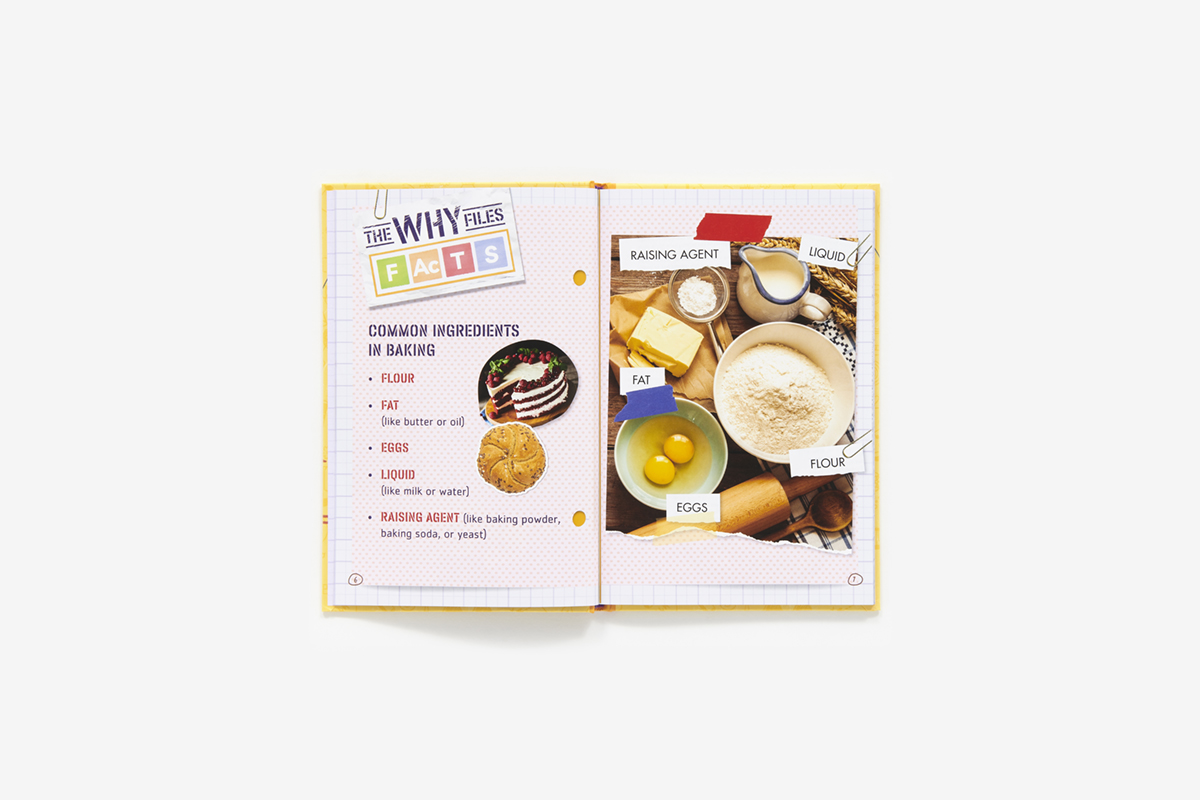




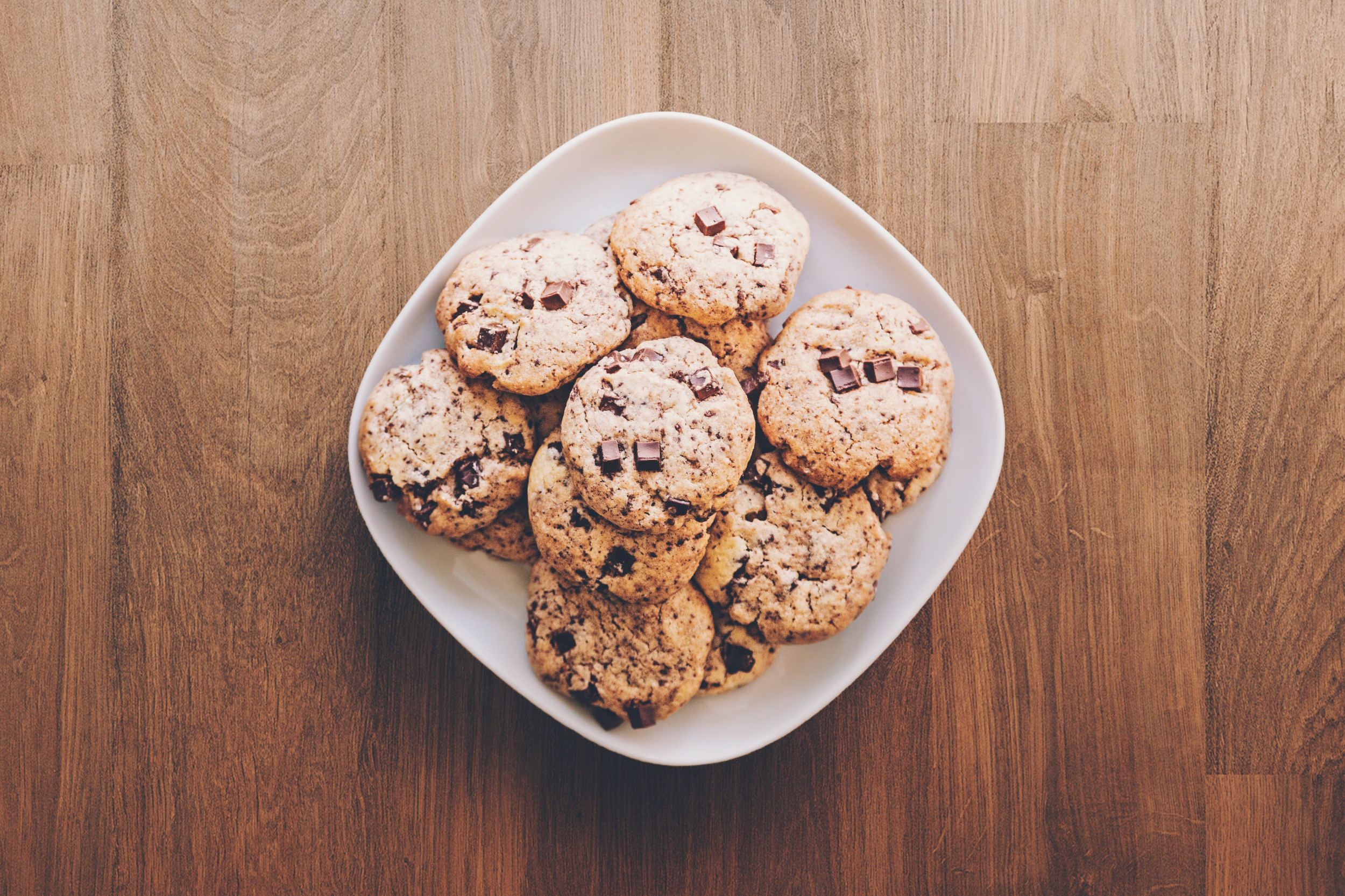


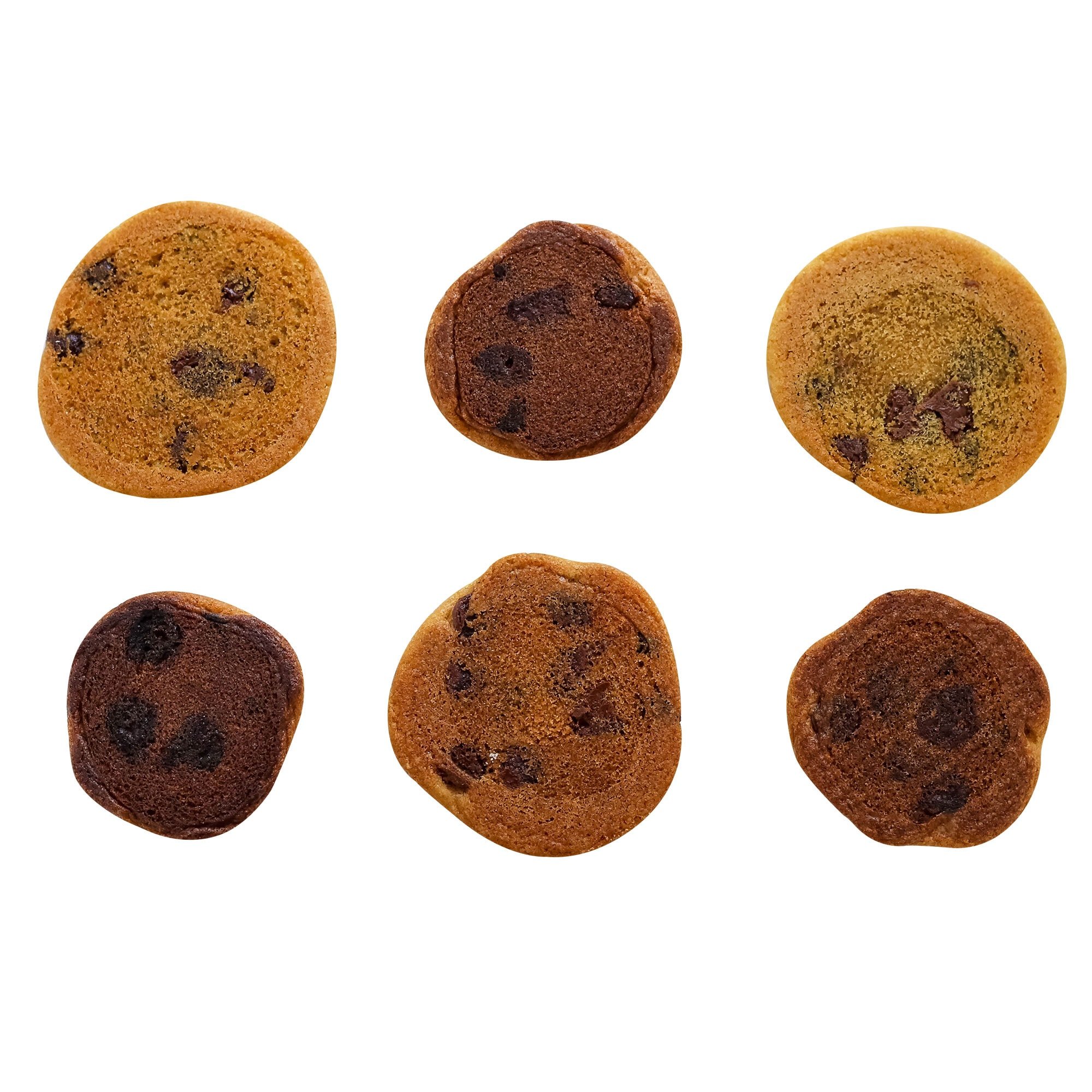

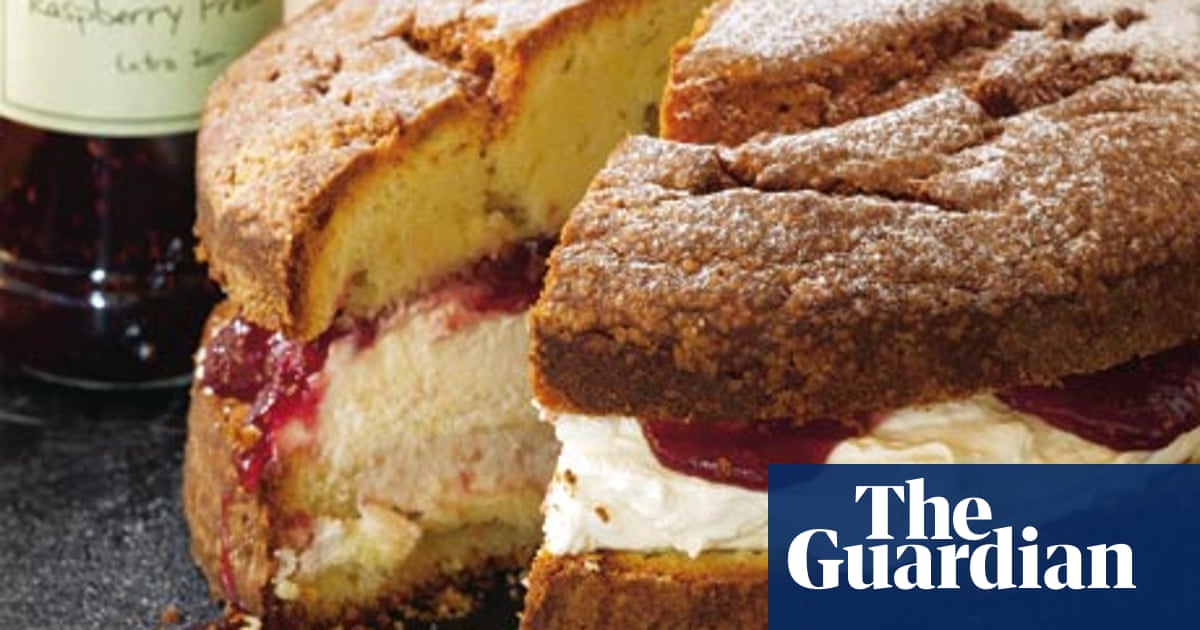



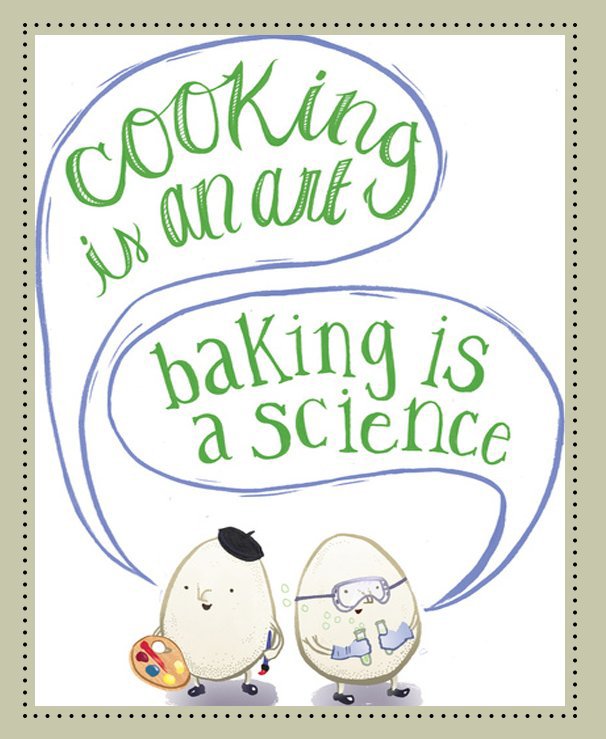

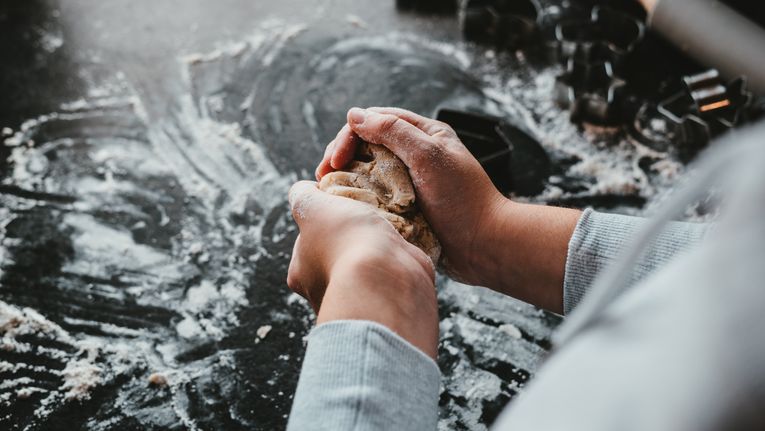


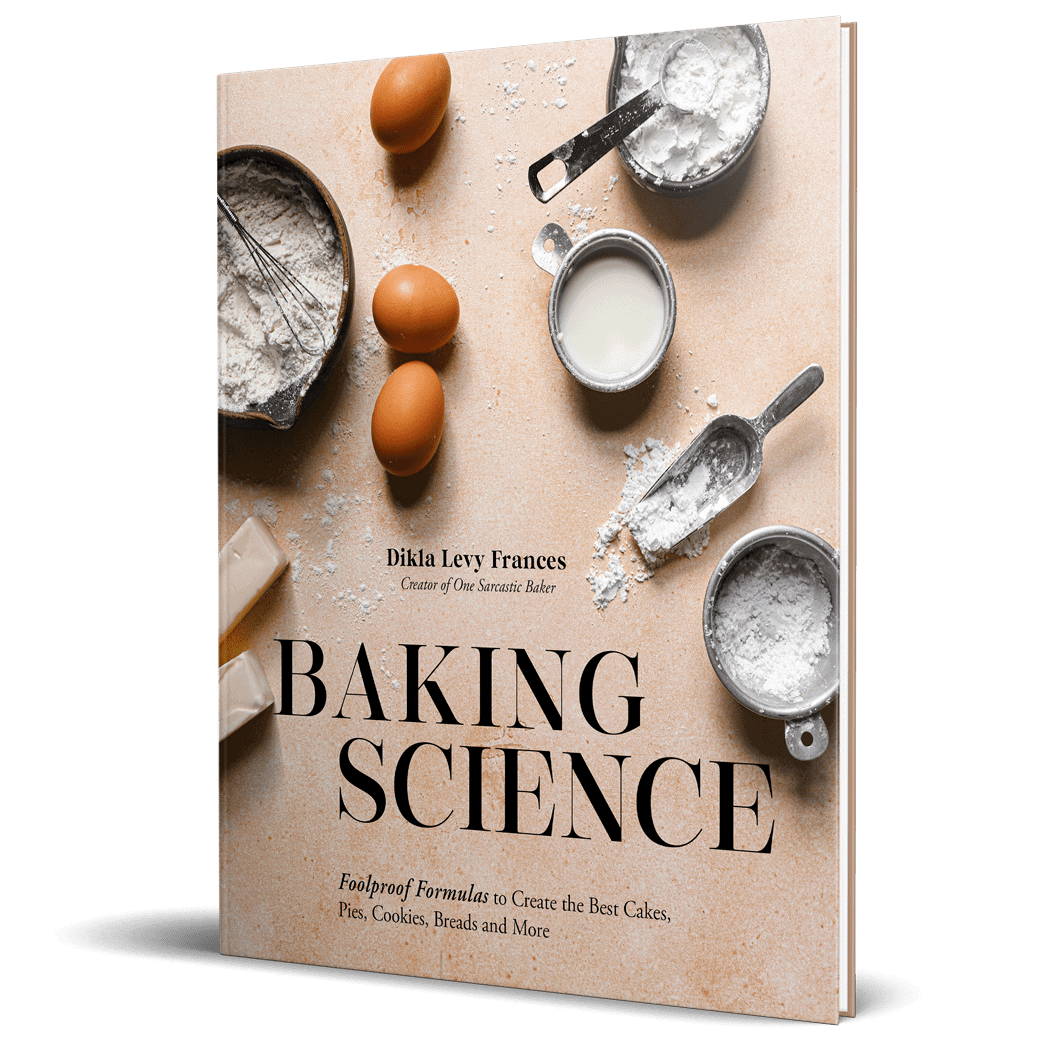


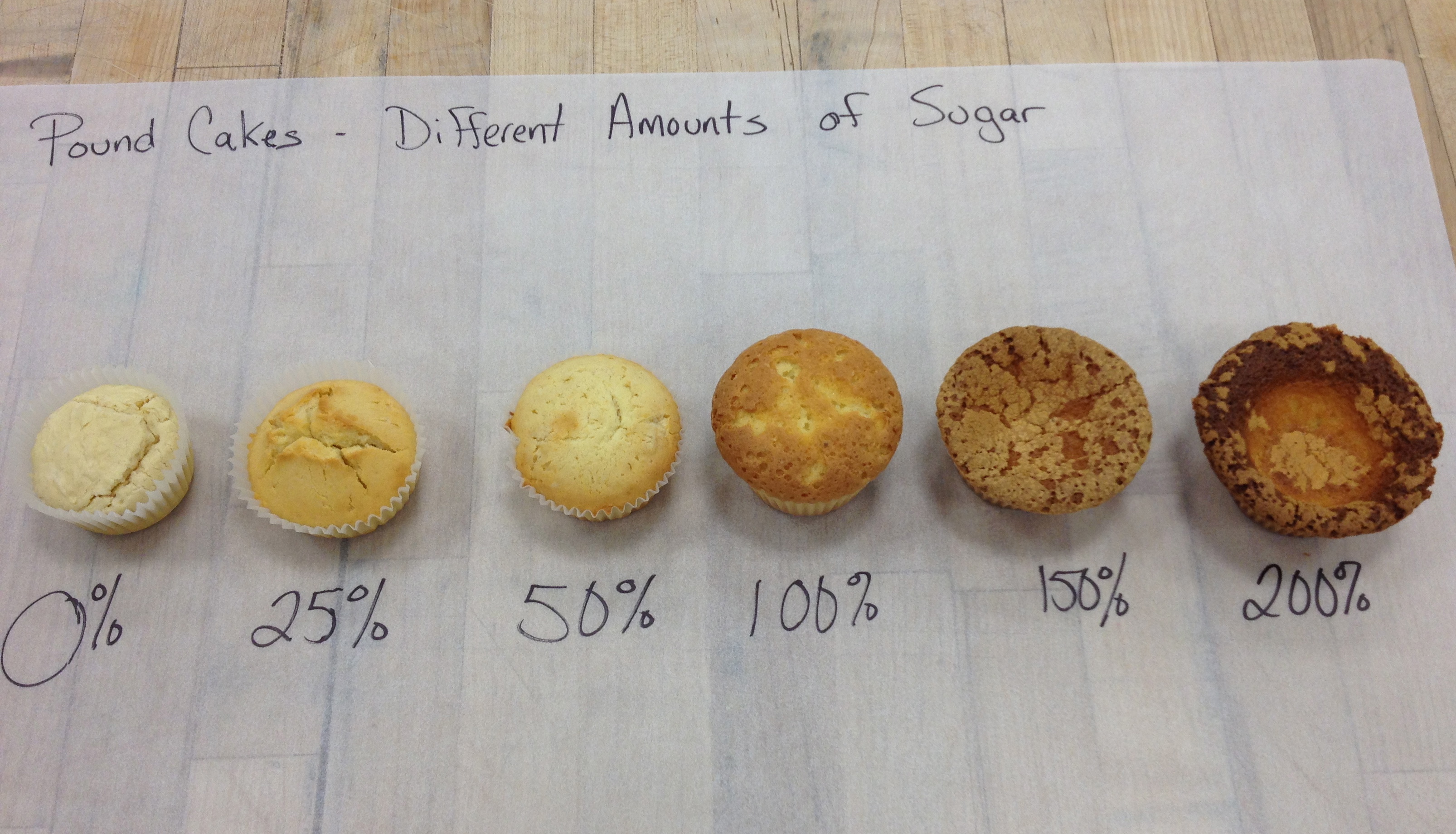
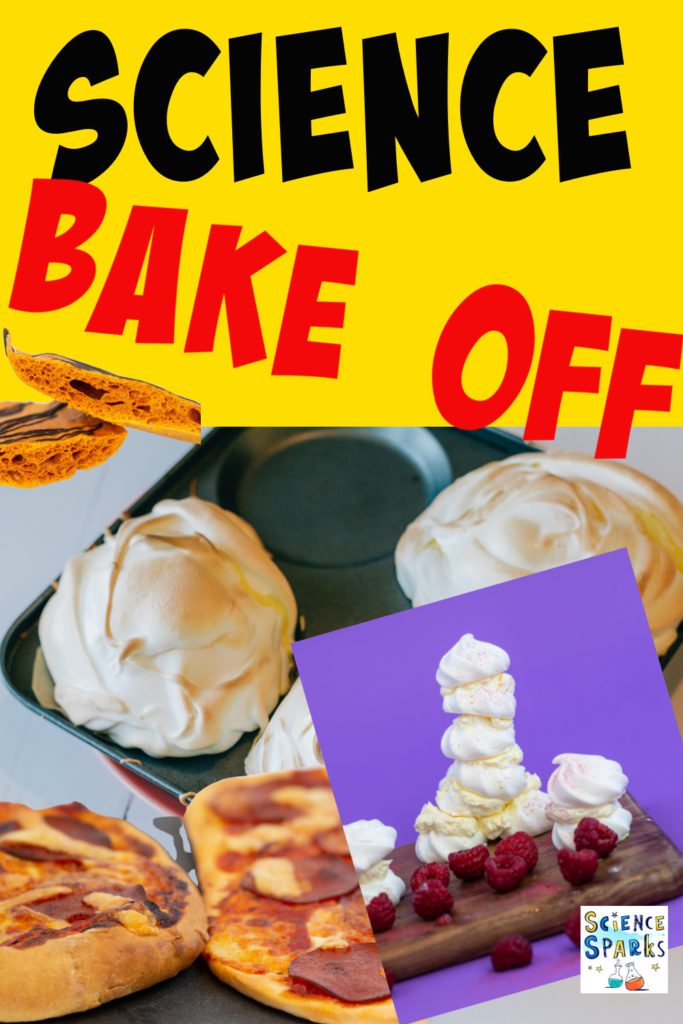






:max_bytes(150000):strip_icc()/greek-butter-cookies-1705307-step-01-5bfef717c9e77c00510e3bf9.jpg)

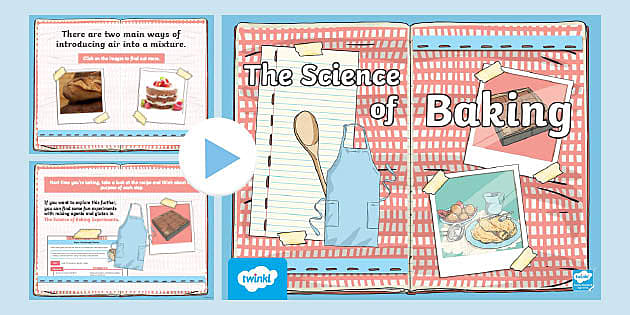
:max_bytes(150000):strip_icc()/__opt__aboutcom__coeus__resources__content_migration__serious_eats__seriouseats.com__images__2014__09__20140930-max-bernstein-bread-baking-vicky-wasik-30-9d86af65745a4b688e60a21db2b839f7.jpg)
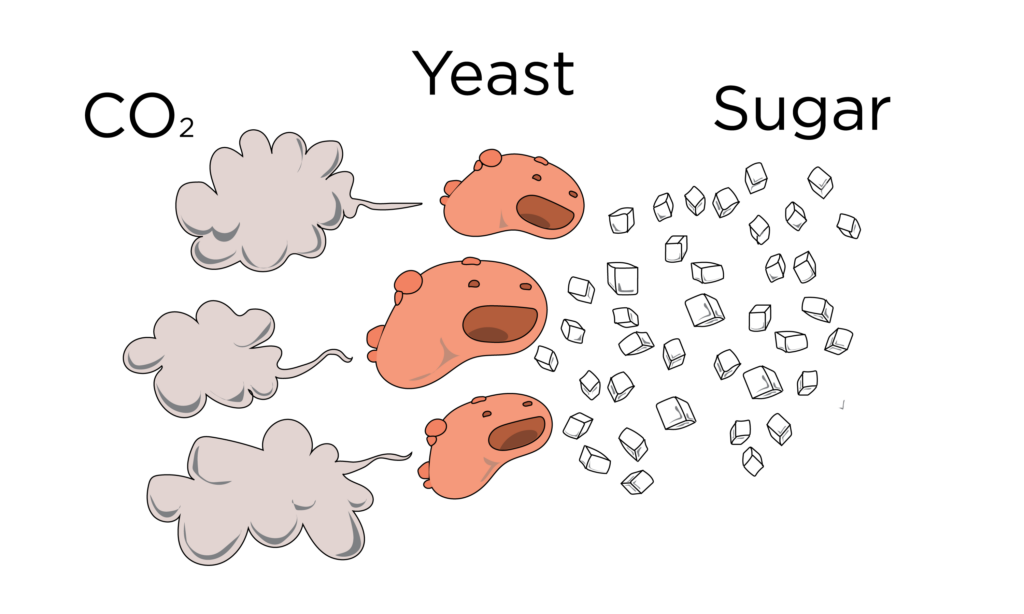

0 Response to "39 the science of baking"
Post a Comment